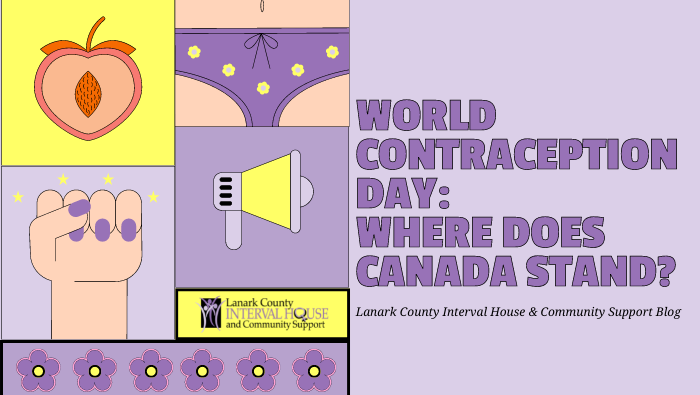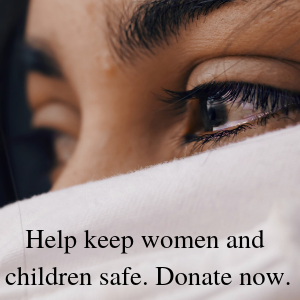Today, September 26th, is World Contraception Day. Today is a global campaign to educate people on choices they are entitled to make about their reproductive health. The lack of access and education about contraception, as well as the stigma associated with it, is largely a burden felt by women and it’s time for change. Access to contraception is imperative to the lives of women, their male partners and society as a whole – it’s a huge advantage to public health when we allow people to plan their families according to their life circumstances.
Did you know? It was illegal to advertise methods of birth control in Canada until 1969. Until then, women had virtually no access to information about reproductive options. Things have changed a lot since then, most would even consider themselves lucky to live in Canada when it comes to access to contraception. It’s true: many of us can easily access the contraception method of our choice, but not all of us. In fact, Canada is pretty behind when it comes to access to contraception.
Canada is one of the only countries with universal health care that doesn’t have universal access to contraception for women making it limiting and costly. Unplanned pregnancy disproportionately affects people are 15-24, in rural or remote communities, Indigenous or marginalized communities and newcomers to Canada. These groups are often the ones for whom birth control is unaffordable or inaccessible. As a result, lower income women in Canada are less likely to use more effective forms of birth control. Young Canadians aged 15-24 are most at risk for an unplanned pregnancy. Studies have shown within this demographic, 14% use no contraception at all while 17% use only condoms.
Countries like Australia, New Zealand and the United Kingdom all offer universal contraception plans and have seen a clear drop in the amount they spend on unwanted pregnancies, STI treatments and infertility treatments. In Canada, 40% of pregnancies are unplanned with care for unplanned pregnancies costing us $320 million annually. It only makes sense to ensure everyone has access to birth control!
Some may argue condoms are widely available for a low cost. This is true, but it’s not enough. Condoms are only 85% effective. We should want to protect and prioritize reproductive freedom and health in people with a uterus.
In the months following the overturning of Roe V. Wade in the U.S., abortion access in Canada has been a hot topic. Abortion was decriminalized in Canada in 1988. At that time, it was deemed unconstitutional to violate women’s rights, but access to abortions is not guaranteed to all Canadians. While there are no legal barriers or, hypothetically, no financial barriers thanks to health care other logistical barriers like access to clinics, access to transportation, etc. still stand in the way of those seeking medical care. Access to abortion is, once again, even more limited and inaccessible to Indigenous, racialized, rural and queer Canadians. Leaving vulnerable groups without reasonable access to reproductive care.
In some ways, we are lucky to live in Canada. Many people have access to contraception and health care, but many do not. Providing universal contraceptive care would decrease the number of high-risk pregnancies, lower the avoidable health care spend on unintended pregnancies and gives Canadians with uteruses more choice and autonomy regarding their body and health. It’s time for Canada to make a change.
Additional Information:
World Contraception Day 2022 – History, Significance, and Facts
Canadian medical students call for free, universal access to contraception
Access to contraceptives care unaffordable for rural, marginalized communities, doctor says
Unpacking the history of abortion & contraceptives in Canada
History of Birth Control in Canada
The Facts About Birth Control Pills in Canada
What Young People Think About Contraception – Video


